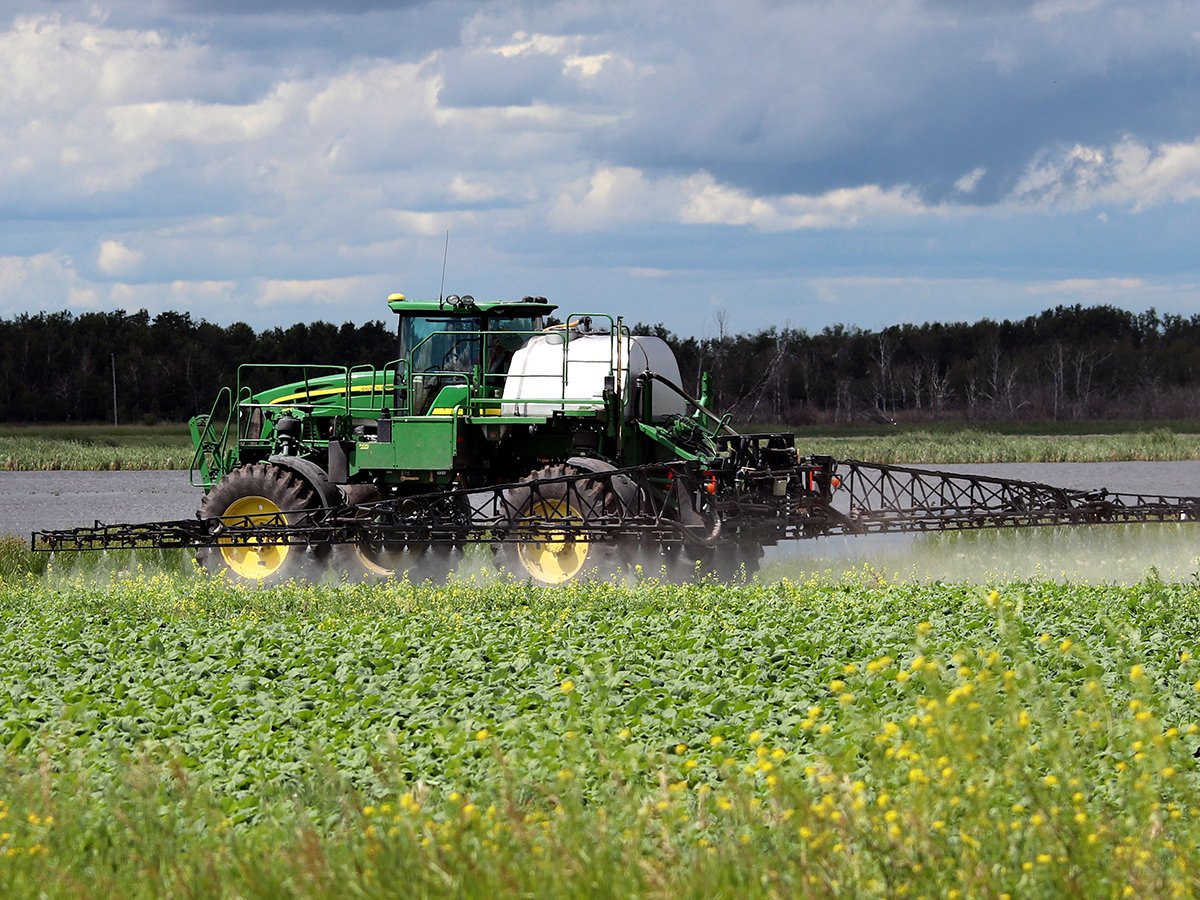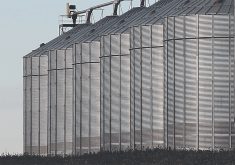WINNIPEG — Crop protection companies say Canada’s competitiveness is at risk if federal agencies don’t streamline approval processes and take farmers’ costs into consideration.
It’s taking longer to get products to market and regulators are requiring more information, they said.
Loralee Orr, vice-president commercial at Corteva Agriscience, said the company is bullish on Canada because of its stable regulatory regime, but approval times for new products take much longer than they once did.
Read Also

Rising vegetable oil demand may offset bad biofuel news
Global biodiesel/renewable diesel production is expected to decline for the first time in a decade. Bad timing for a canola industry looking for new markets.
“We’re willing to invest, but we need to make sure we improve on the foundation that has been there that’s made Canada attractive in the past,” Orr said during a panel at last month’s Canadian Federation of Agriculture policy summit.
CropLife Canada president Pierre Petelle said it takes, on average, 12 years and US$300 million to bring a crop protection product to market. Biotech traits take 16.5 years to get to market.
“So when you look at the regulatory environment, it’s absolutely critical that it’s nimble and responsible,” he said.
Canada is also a small fraction of the global market, so regulators have to be sure the large companies will bring innovation to its farmers, he said.
Brian Treacy, Bayer Crop Science’s government and industry affairs lead, said his team told him regulatory creep is a problem, which he described as “nice to know versus need to know.”
He said he thinks regulators are looking for safety blankets of more information because of so much misinformation on social media.
“Unfortunately, that’s translating into longer reviews,” he added.
“Instead of a typical two year review for an active ingredient, that’s now moving into three years plus, and that’s unfortunate. That’s all happened just in the last five years.”
Treacy said that when MPs asked during a lobby day on Parliament Hill what could be done to lower food costs, he told them government could stop cost recovery as part of the Pest Management Regulatory Agency transformation initiative.
“Increasing the cost of products that farmers use to produce food is a step in the wrong direction,” Treacy said.
The lens of food security and cost of food shoule be part of the agency’s review process, he added.
Petelle was blunt.
“The regulators of PMRA have not had a mandate or an expectation to consider their role in providing tools for farmers, have not had a mandate to consider the consequences of their decisions, have not had a mandate to consider what other jurisdictions are doing in this space,” he said.
“There has not been an imperative for them to make sure that they’re doing everything they can to enable Canadian agriculture.”
He said the federal government is focused on reducing red tape and streamlining departments, and the Liberal platform specifically said the mandates of the PMRA and the Canadian Food Inspection Agency should include consideration of food security and food costs. However, there is no indication yet how that will happen.
Orr said no agricultural lens has been applied to decision-making.
“We’re all very aligned within the industry of how we see things and what we believe needs to be addressed and needs to change,” she said.
No one will argue with the need to consider human health and the environment, but there has been no consideration for the farmer’s costs or economic benefits.
Orr said she would like decisions to be made with urgency.
Policies should be developed with farmers and industry instead of for them, she added.
That said, Canada is “the envy of CropLife affiliates around the world” for its gene editing guidance, Petelle said. Many wish their countries had guidance that is as clear and predictable, he added.
Promising technologies are coming, such as drones, said Brenna Mahoney, manager of public and government affairs at BASF. All the companies are working on new products, such as a high-fibre durum from Corteva and short-stature corn from Bayer.
Mahoney said work still needs to be done to make sure broadband is widely available so that farmers can also take advantage of artificial intelligence.
Ron Lemaire from the Canadian Produce Marketing Association asked how industry could push the government to move forward with legislation such as Bill C-359, which was introduced by Kody Blois in the last Parliament.
It called on Canada to accept science from trusted partners so that products could be approved more quickly.
Blois is now parliamentary secretary to prime minister Mark Carney, and CFA president Keith Currie said he believes that helps the agriculture sector have the PM’s ear.
Carney has asked ministers to look at streamlining opportunities.
Orr said improving performance and timelines would be her call to action for the government.
Mahoney said the economic component of agriculture is not well understood, and she asked government to work collaboratively with industry.
















